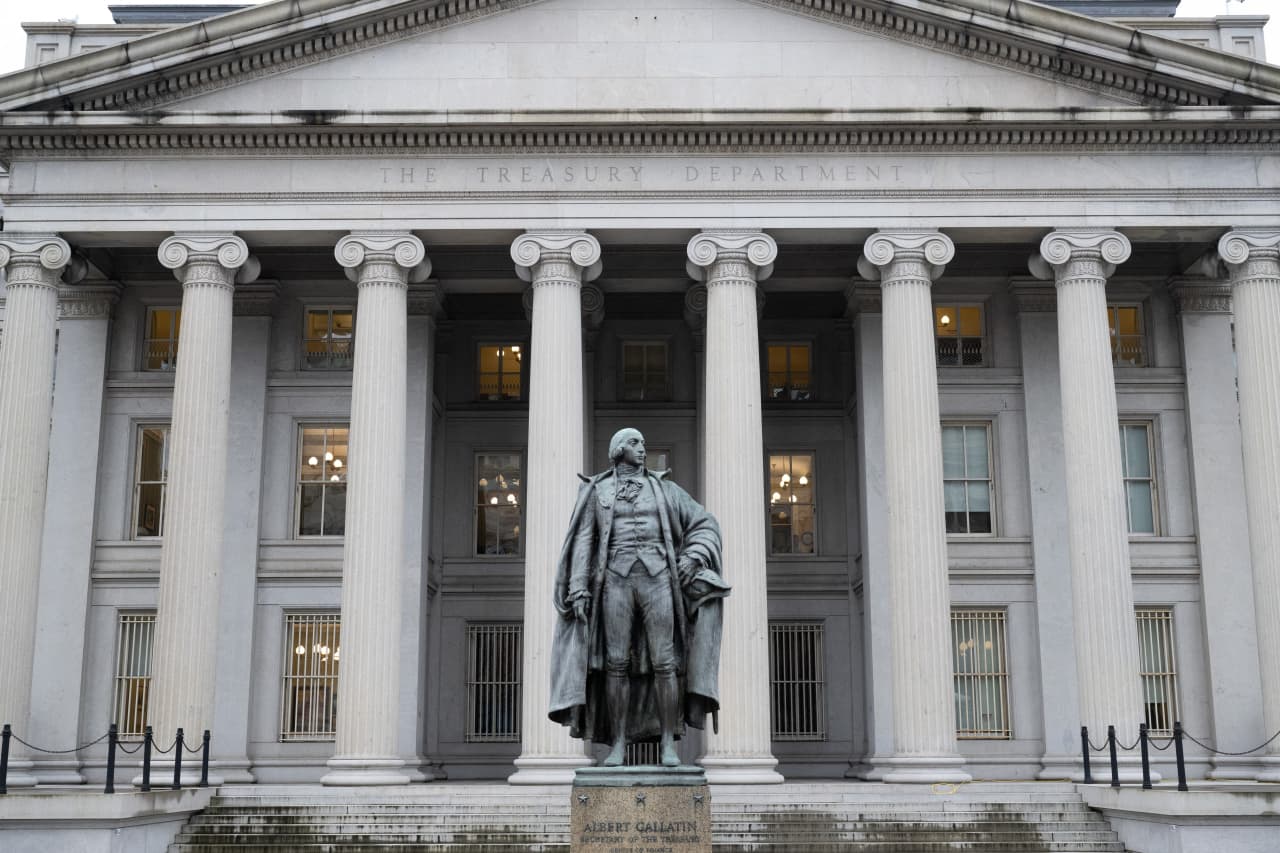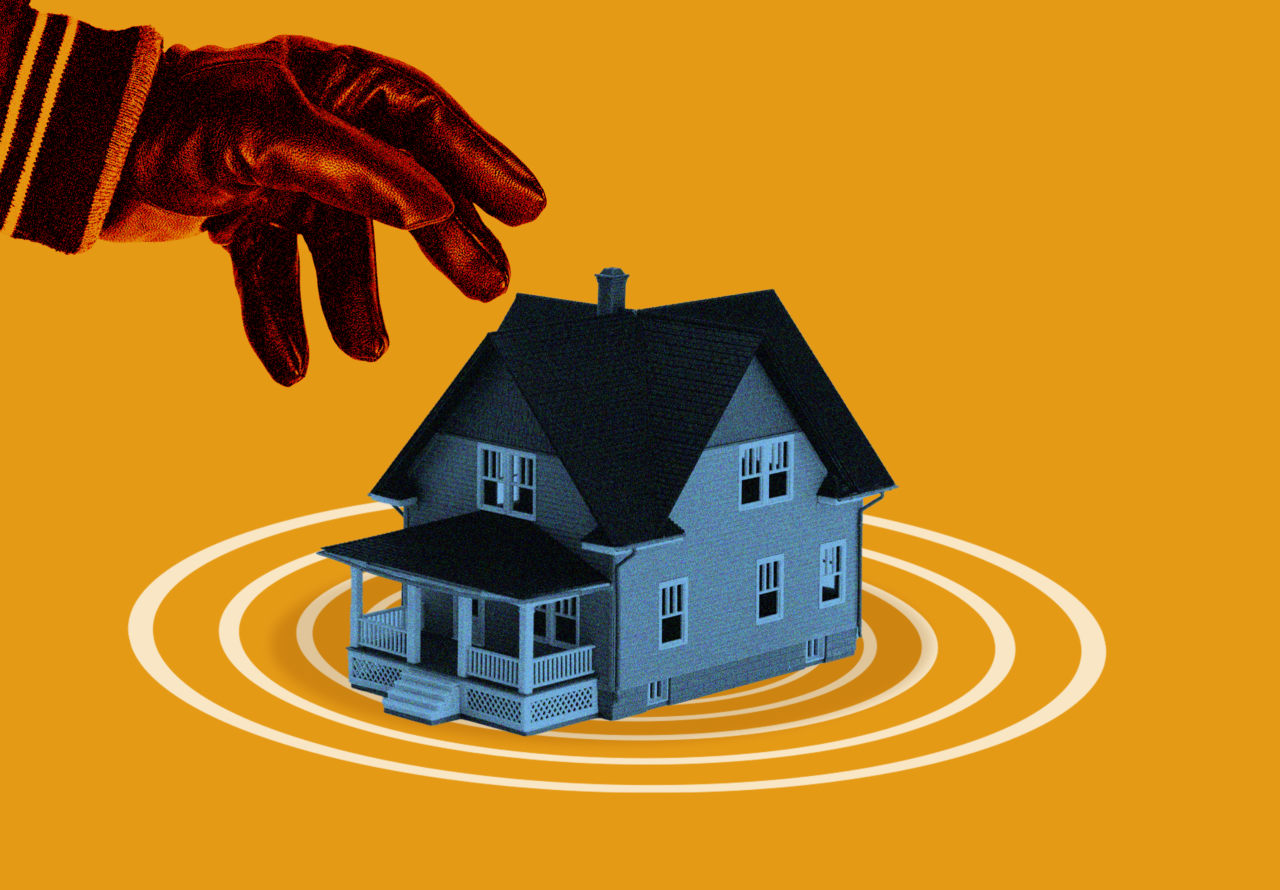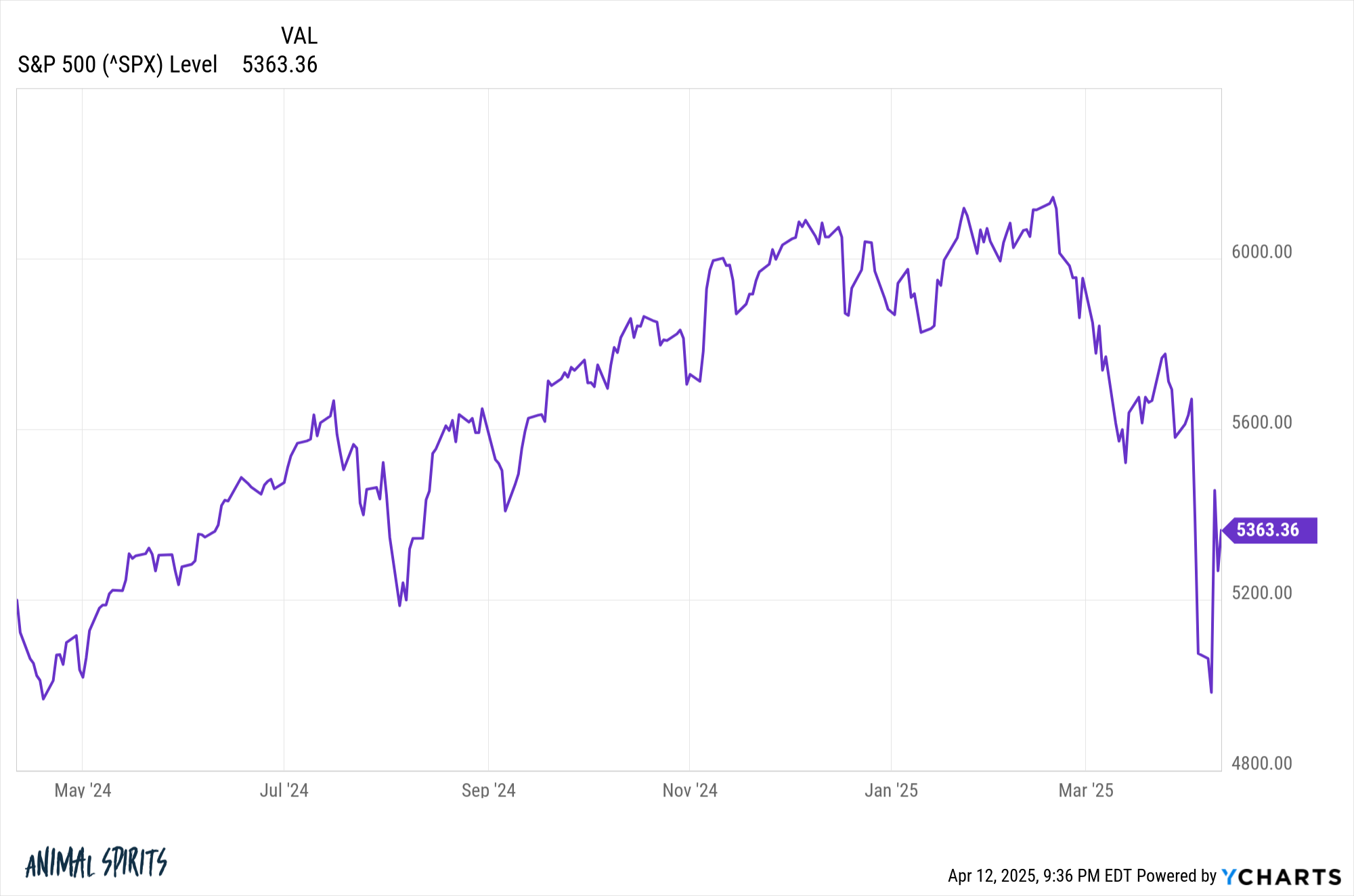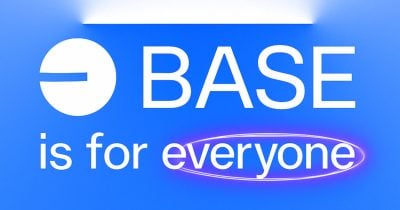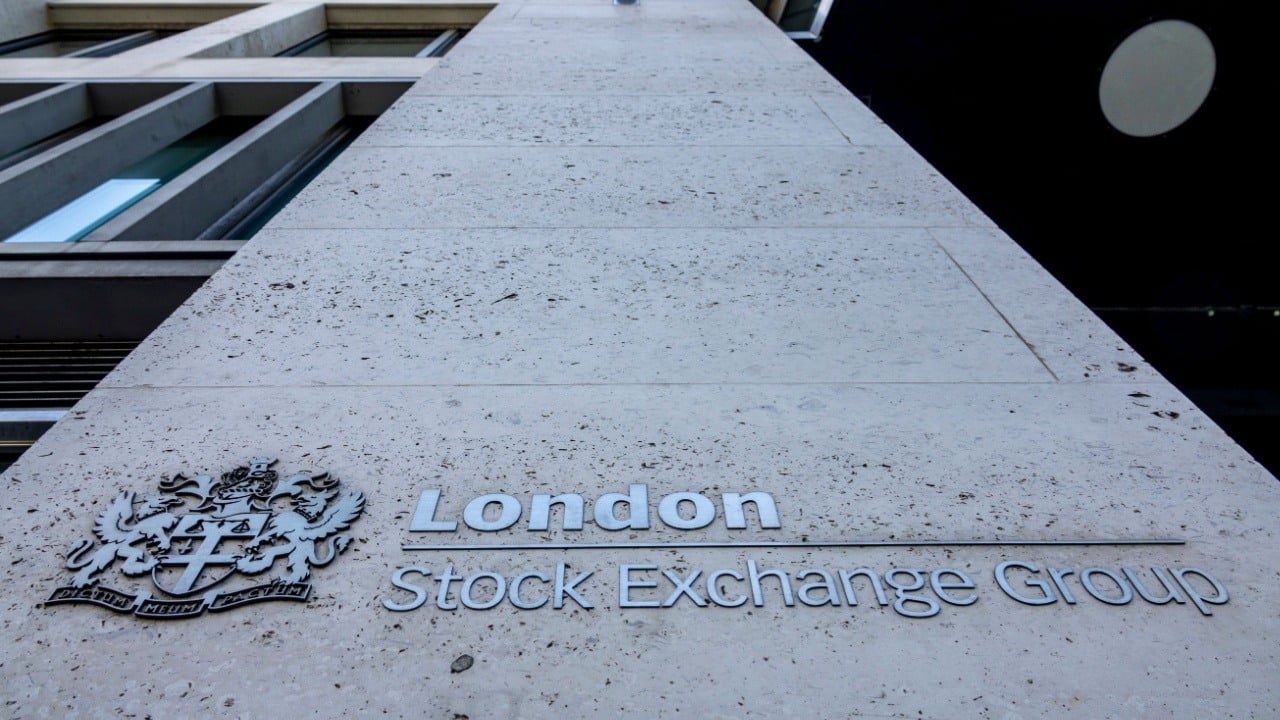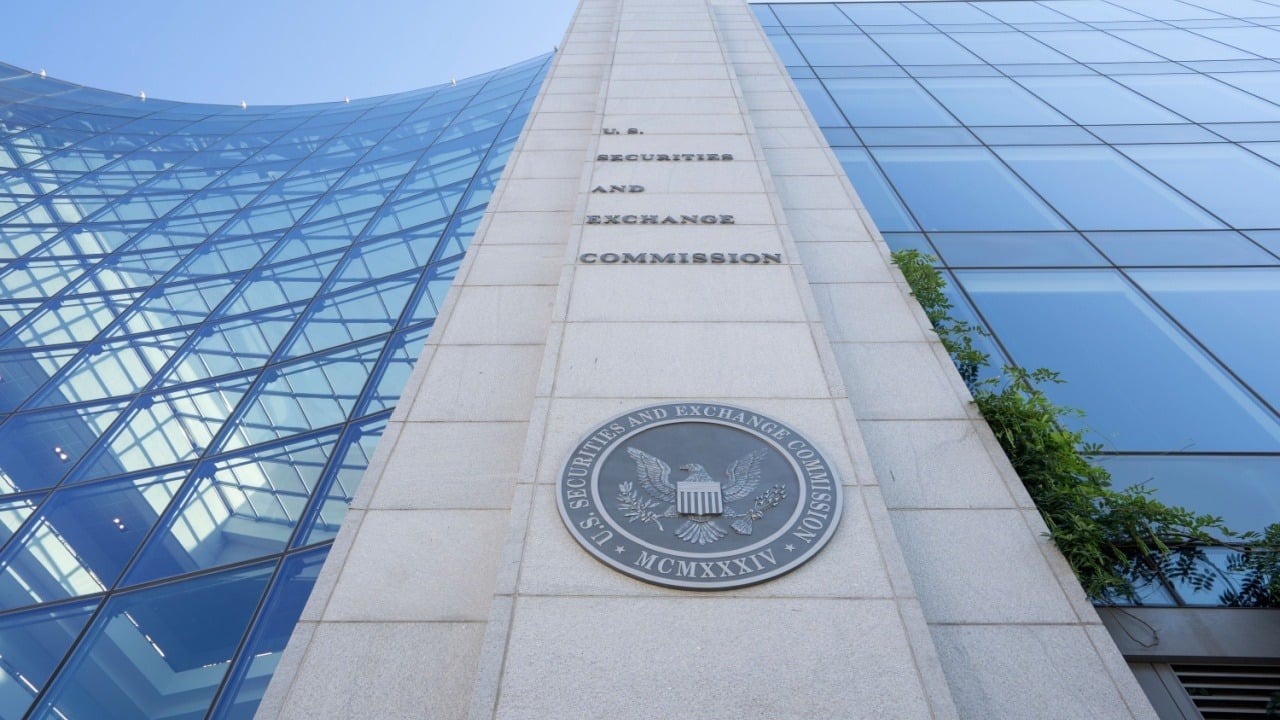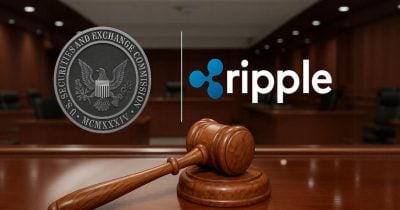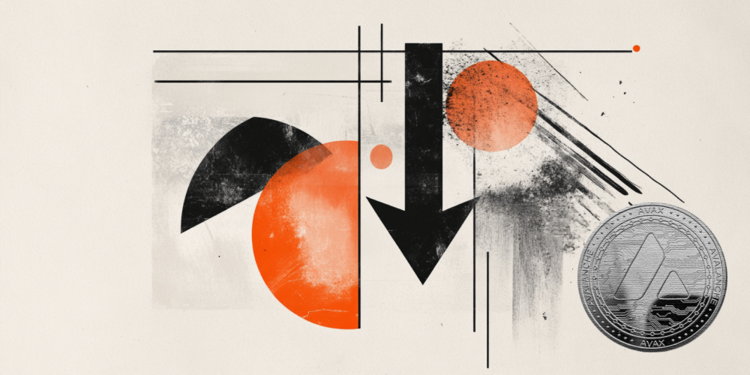I Asked a Debt Collector for Validation and They Hung Up—What Should I Do Next?
There may come a time when you fall behind on debt payments. That could come as a result of losing your job or getting hit with a string of unplanned expenses. When you become delinquent on a debt, it’s common for that debt to be turned over to a collection agency. From there, you […] The post I Asked a Debt Collector for Validation and They Hung Up—What Should I Do Next? appeared first on 24/7 Wall St..

Key Points
-
An unpaid debt could damage your credit score.
-
It’s common for debts to be turned over to collection agencies after a period of time.
-
It’s wise to request proof that a debt collectors owns your debt before making any payments.
-
Earn up to 3.8% on your money today (and get a cash bonus); click here to see how. (Sponsored)
There may come a time when you fall behind on debt payments. That could come as a result of losing your job or getting hit with a string of unplanned expenses.
When you become delinquent on a debt, it’s common for that debt to be turned over to a collection agency. From there, you might get repeated calls from a debt collector asking you to pay up.
You don’t want to ignore those calls, because if you let a debt of yours remain unpaid, it could damage your credit score. And eventually, you could be sued for the money. But it’s also important to make sure you’re dealing with a legitimate debt collection company, and that you’re not putting yourself at risk of falling victim to a scam.
It’s important to get the right information
In this Reddit post, we have someone who owes money on an old debt that’s been turned over to a debt collector. They’re hoping to pay the debt off over time, but they can’t come up with all of the money at once.
They’re willing to get onto a payment plan right away and start making payments. Only when they asked the debt collector for a debt validation letter to prove that they own the debt, they were hung up on.
That, frankly, raises a red flag.
It’s not unusual for a debt to be turned over to a debt collector. But it’s the debt collector’s responsibility to provide proof that they own the debt when asked. So the poster should not make any payments to that company until they see that proof and can verify that they’re not about to send money to some scammer.
Get everything documented
The problem with having a delinquent debt is twofold. First, you risk credit score damage if it remains unpaid (though to be fair, by the time debt is turned over to a collection agency, credit score damage has often occurred). Secondly, it’s possible to be sued over an unpaid debt, so negotiating a payment plan can often produce a better outcome.
That’s why the poster here can’t simply ignore the problem. But what they should do is send the debt collector something in writing demanding to see proof that they own the debt. This way, they have a paper trail that they’re trying to cooperate and are being shut down.
The poster could also look up the name of the debt collection company and verify that it exists. They can check the Better Business Bureau to see if the company is a real one and make sure the address they were given to send payment to matches the address on file.
They can also check the Nationwide Multistate Licensing System (NMLS) to make sure the company exists. To do that, they’ll need the company’s license number.
If the company can’t provide one, there’s a good chance it isn’t legitimate. At that point, the poster should contact the company they originally owed the debt to, explain the situation, and ask for next steps. They may also want to report the fraud attempt to the Federal Trade Commission.
The post I Asked a Debt Collector for Validation and They Hung Up—What Should I Do Next? appeared first on 24/7 Wall St..






















